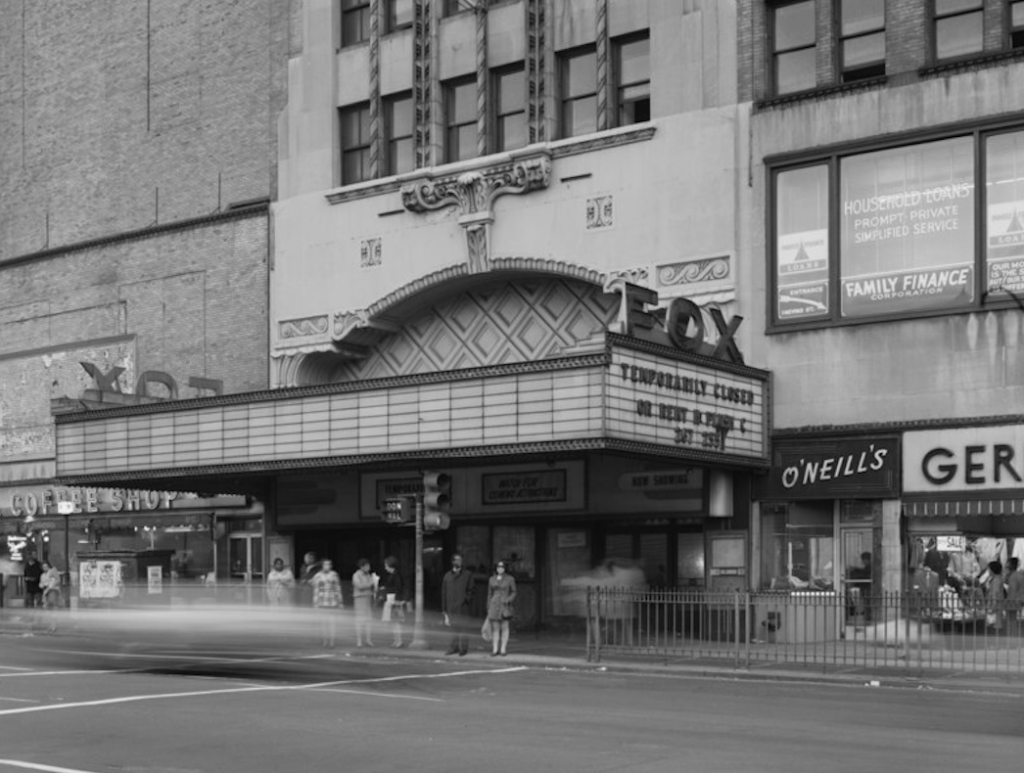Remembering 1950s Brooklyn: An ode to my Pop

As you read this, my father is turning 115. He’s not here for me to celebrate with. He died at 87. I miss him every day. Since he spent 85 of his 87 years in Brooklyn, I thought an “Ode to Pop” would be in order.
I don’t know why I called him Pop. Everyone else I knew called their dads Dad except for a few who called them Father, and one who called his dad by his first name. One of my boys calls me Pop and the other Dad. The grandchildren from the one who calls me Pop call me Pop-Pop. As my grandma used to say, “Go know.”
Pop was born in Williamsburg to William Gralnick and Jenny Meirer, both immigrants. He grew up when the biggest problem walking the streets of Williamsburg was if a goat would with great determination try to steal your lunch and often succeed. At some point, I guess pre- or early adolescence things must have picked up economically and the family moved to Crown Heights. It was there that his wishes and dreams were nurtured and soon after displaced by the reality of the Great Depression.

Brooklyn Boro
View MoreNew York City’s most populous borough, Brooklyn, is home to nearly 2.6 million residents. If Brooklyn were an independent city it would be the fourth largest city in the United States. While Brooklyn has become the epitome of ‘cool and hip’ in recent years, for those that were born here, raised families here and improved communities over the years, Brooklyn has never been ‘uncool’.